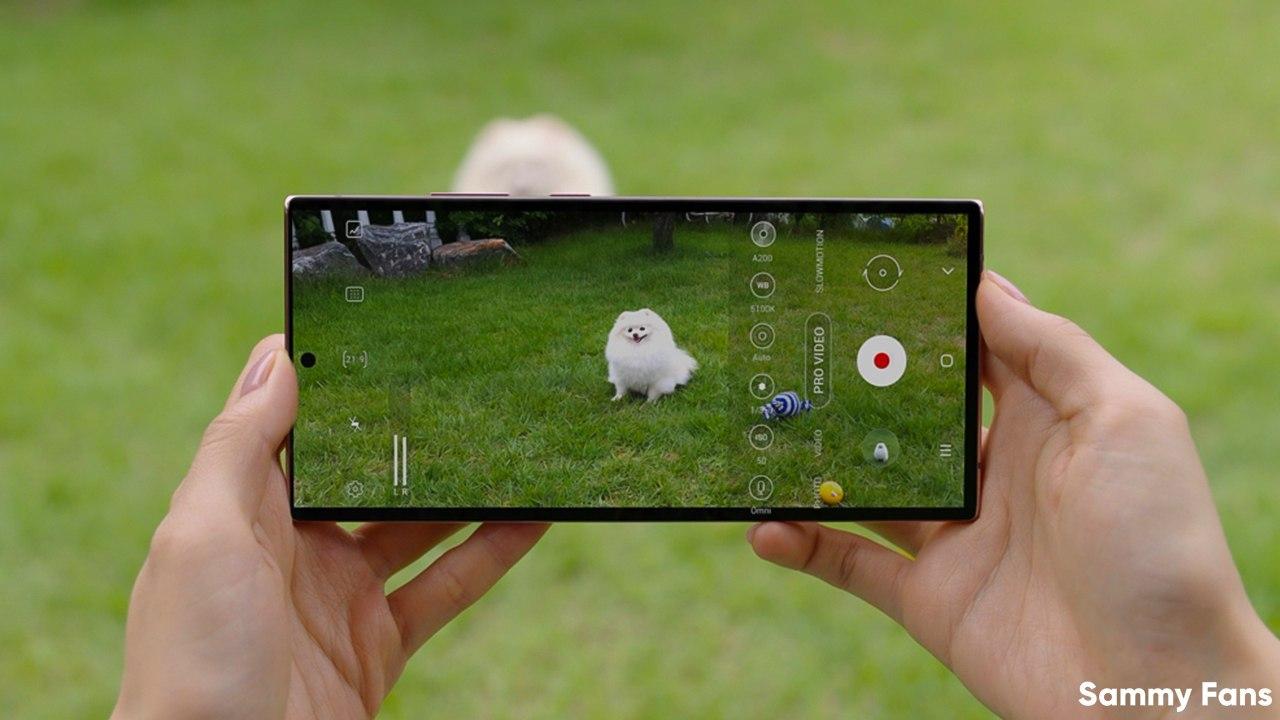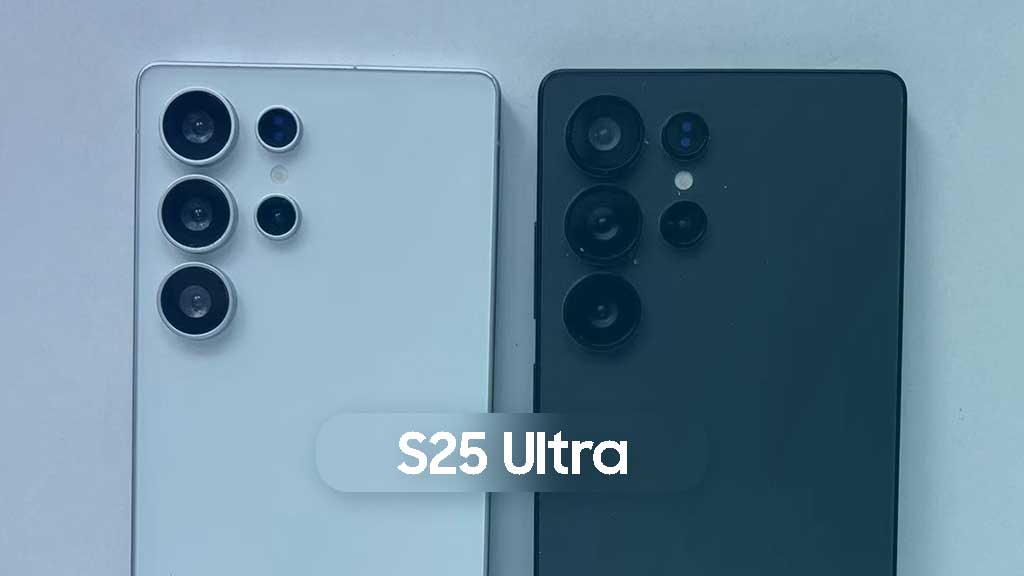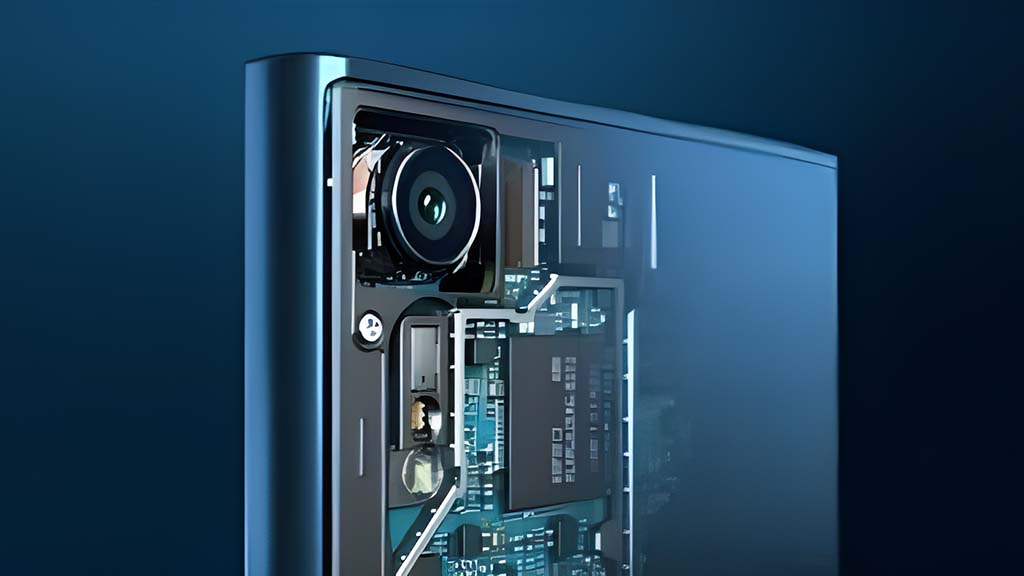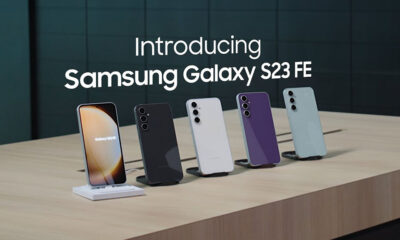Phones
Camera filters may no longer available after One UI 3.0 (Android 11) upgrade

Samsung has released the One UI 3.0 beta build for the Galaxy S20 series users in the US and Korea. This new One UI version comes with a lot of exciting new features, including a double-tap gesture anywhere on the home screen to turn off the display.
The company is likely to start the One UI 3.0 public beta rollout in more countries and more devices very soon.
We are talking about the camera features after upgrading to One UI 3.0 based on Android 11. Google had issued a document that specifies the requirements that must be met in order for devices to be compatible with Android 11.
According to the terms and conditions of the document, OEM’s are restricted to must ensure that the facial appearance is NOT altered including altering facial geometry, facial skin tone, or facial skin smoothening for any android.hardware.camera2 or android.hardware.Camera API.
These conditions will affect your camera’s “face smoothing” feature and you may haven’t able to use change facial skin tone, or facial skin smoothening at the time of capturing a picture from your smartphone.

A Samsung Galaxy S20+ user using One UI 3 beta, allegedly shared two images, comparing the Galaxy Note 10+ and S20+. The shared images show that after updating the Galaxy S20+ to One UI 3 based on Android 11, the software restricts the camera smoothing feature.
No face smoothing on One UI 3.0 (images), I’m comparing 2.5 on a Note 10+ vs 3.0 on an S20+, and see if there’s a difference. (Hope you all don’t mind foreheads lol) from samsung
According to health experts the photo face filters and other “beautifying” techniques that mental can warp a person’s self-confidence, particularly when they’re introduced to younger users.
By noting this advice, Google is now taking aim at image filter features and begun restricting the camera filters capability within its Android camera app on Pixel smartphones. The company has already turned off the face retouching on Pixel 4a devices.
Moreover, Google will soon be updating its camera app with what Google describes as “value-free” descriptive icons and labels for the app’s face retouching effects.
In the meantime, we don’t have any official confirmation whether Samsung will follow Google on this announcement because it has its own camera application but the images uploaded by the Reddit user clearly shows that it might apply the same changes as Google.
Samsung has changed the color scheme of the quick settings panel and used a Gaussian-like blur effect on the background of the toggle buttons.
About the stable One UI 3.0 update rollout, Samsung has confirmed the stable update is coming after November 2020, starting with the Galaxy S20 series, followed by the Galaxy Note 20 and S10, Note 10 series.

Phones
Samsung Galaxy S25: Full phone specifications and price

Samsung Galaxy S25 will launch in early 2025 with new specifications including an improved display, new display, optimized battery life, new software features, and more. This standard Galaxy S25 offers different capabilities including the following.
Samsung Galaxy S25 Specifications
Design | Frame - Aluminum Frame Front and Rear - Corning Gorilla Glass Victus 2 IP Rating - IP68 |
Dimensions | Height - 70.6mm Width - 147mm Depth - 7.6mm Weight - 168g (mmWave) / 167g (Sub6) |
Software | Android - 15 One UI - One UI 7 Future upgrades - 7 generations of OS upgrades and security updates |
Display | Size - 156.4mm (6.2" full rectangle) / 152.3mm (6.0" rounded corners) PPI - 418 PPI Resolution - 2340 x 1080 (FHD+) Panel - Dynamic AMOLED 2X Refresh rate - 1-120 Hz |
Chipset | Qualcomm Snapdragon 8 Elite for Galaxy (3nm) Qualcomm Oryon CPU Qualcomm Hexagon NPU Snapdragon X80 Modem-RF System Adreno GPU |
Memory | 8GB, 12GB RAM 128GB, 256GB, 512GB storage |
Rear Camera | Wide - 50 MP OIS F1.8, Adaptive Pixel, Optical Quality 2x Ultra Wide - 12 MP F2.2 Telephoto - 50 MP OIS F2.4 Flash - Yes Video - 8K at 30fps, 4k at 30/60fps Auto Focus, Optical Image Stabilization (OIS), |
Front Camera | 12MP Front Camera (F2.2, FOV 80-degree) |
Network | 2G GSM - GSM850, GSM900, DCS1800, PCS1900 3G - B1(2100), B2(1900), B4(AWS), B5(850), B8(900) 4G FDD LTE - B1(2100), B2(1900), B3(1800), B4(AWS), B5(850), B7(2600), B8(900), B12(700), B13(700), B14(700), B18(800), B19(800), B20(800), B25(1900), B26(850), B28(700), B29(700), B30(2300), B66(AWS-3), B71(600) 4G TDD LTE - B38(2600), B39(1900), B40(2300), B41(2500), B48(3600) SIM Slot Type - SIM 1 + eSIM / Dual eSIM 5G FDD Sub6 - N1(2100), N7(2600), N25(1900), N28(700), N66(AWS-3), N71(600) 5G TDD Sub6 - N257(28GHz), N258(26GHz), N260(39GHz), N261(28GHz) 5G TDD mmWave - N41(2500), N78(3500) |
Connectivity | Wi-Fi - Wi-Fi 7 USB - 3.2 Bluetooth - v6 Location Technology - GPS, Glonass, Beidou, Galileo Wi-Fi Direct - Yes NFC - Yes PC Sync - Smart Switch USB Interface - Type-C |
Battery | 4000mAh (supports 25W charging) |
Audio | Supported Formats - MP3, M4A, 3GA, AAC, OGG, OGA, WAV, AMR, AWB, FLAC, MID, MIDI, XMF, MXMF, IMY, RTTTL, RTX, OTA, DFF, DSF, APE |
Video | Supported Formats - MP4, M4V, 3GP, 3G2, AVI, FLV, MKV, WEBM Video Playback Resolution - up to UHD 8K at 60fps |
Colors | Moon Night Blue, Silver Shadow, Sparkling Blue, Sparkling Green, Coral Red, Pink Gold, Blue/Black |

Samsung Galaxy S25 CAD Render (Source – Androidheadlines)
Disclaimer: These Samsung Galaxy S25 specifications are gathered from leaks, rumors, and previous flagships. However, none of these cannot be confirmed as 100% accurate.
Samsung Galaxy S25 Price
Samsung Galaxy S25 5G should start at $800 in the United States. The price leaks and rumors aren’t out yet. However, the industry speculates a slight increase due to Qualcomm’s pricey 3nm Snapdragon 8 Elite processor.
Samsung Galaxy S25 Release Date
The Galaxy S25 series could be announced early next year. The company officially confirmed at its earnings call that the new Galaxy S will be released in the second half. You can expect the new flagships to be available by February 2025.
Phones
Galaxy S25 Ultra dummy reveals Samsung’s bold flagship redesign

Galaxy S25 Ultra dummy leak reveals the nearly final design of Samsung’s next big flagship. After CAD renders, we now have a closer look at the refined new design of the Ultra flagship, which will give sleepless nights to Apple.
Onleaks posted a set of Galaxy S25 Ultra dummy models. The flagship can be seen with its refined design, which makes the corner slightly rounded. The Z Fold6-inspired camera rings also elevate the rear panel’s appearance, making it appealing.
There are three major changes in the body design of Samsung’s next Ultra flagship. The first is the frame, which is getting flatter like the iPhone. Second is rounded corners, that are not that rounded like S24/S25, and third is textured camera rings.
Notably, the dummy units don’t show a close look at the bezels. However, this aspect is expected to be improved over the previous generations. Minimal symmetrical bezels will present an appealing look on the phone’s front side.
The Galaxy S25 Ultra is slimmer than the Galaxy S24 Ultra. The S Pen compartment resists on the frame’s bottom, accompanied by the primary microphone, USB C-Type port, speaker grille, and SIM card tray.
The right side of the frame features volume adjustment buttons and a side key. The power button can be configured to trigger a digital assistant. The fingerprint scanner will be featured as an in-screen solution with faster and more reliable recognition.
Samsung is expected to unveil the Galaxy S25 series in late January next year.
Phones
Samsung dreams new camera with longer battery, less noise

A new patent suggests Samsung working on next-gen camera tech that could save battery and crush lens process noise. The company has recently unveiled the All Lenses on Prism telephoto solution for thinner and sleeker zoom cameras.
Since smartphone camera modules get more advanced, a lot of processing power is required to finish the tasks. That said, Samsung is crafting even more advanced camera modules that save battery and reduce noise.
Enter Samsung’s new patent, which introduces a power-saving sub-processor. This clever little chip would handle all the extra camera tasks—like reducing noise from the OIS lens movements and managing the EIS algorithms.
It will reduce the burden of the main processor so it can focus on the actual photo-taking. At the time your device is in a sleep or power-saving state, the sub-processor keeps running quietly in the background, consuming minimal power.
If the technology is used, you will have less noise in camera operations, smoother performance, and better battery life. At the same time, you won’t lose your favorite camera features, but your smartphone will last longer between charges.
A look ahead
The development shows Samsung’s innovative approach. Other than upgrading camera sensors, the company is also working on improvements to the technology that works behind the scenes and makes a great impact on performance and efficiency.
Samsung often registers new patent applications to secure designs and innovations. However, it’s uncertain that a patented technology would surely be commercialized. Tech firms have thousands of approved patents that never get produced.




















